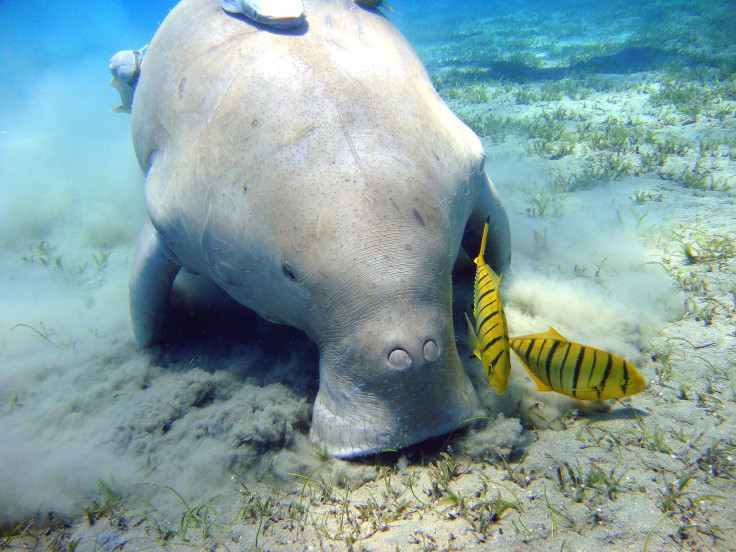'Mermaid' dugong declared functionally extinct in China
It is the only vegetarian marine mammal that spends all its life at sea.
Dugong, a species that inspired ancient tales about mermaids and sirens for centuries, has been declared functionally extinct in China.
The creature has been spotted by just three people in the last five years. Scientists have blamed their extinction on hunting, the degradation of their habitat, and shipping accidents.
The research was conducted by scientists from the Zoological Society of London (ZSL) and the Chinese Academy of Science. "The likely disappearance of the dugong in China is a devastating loss," said Prof. Samuel Turvey, who co-authored the study.
The researchers reviewed all historical data and interviewed around 788 people living in coastal regions for their study, and found that most people had not seen a dugong for the last 23 years.
The study, which has been published in the Royal Society Open Science journal, led them to declare dugong functionally extinct - meaning "it is no longer viable... to sustain itself," Heidi Ma, a postdoctoral researcher at ZSL, told the BBC.
The paper says that "their absence will not only have a knock-on effect on ecosystem function, but also serves as a wake-up call - a sobering reminder that extinctions can occur before effective conservation actions are developed."
Dugongs are slow-moving marine animals. It is a culturally significant species and features in the stories of many coastal communities. It is the only vegetarian marine mammal that spends all its life in the sea.
They are similar in appearance to manatees but can be distinguished by their tails. Unfortunately, they have been hunted for years for their skin, bones, and meat. These can still be found in coastal waters from East Africa to Vanuatu, and as far north as Japan.
They were classified as a grade-one national key protected animal by China in 1988, per a report in The Guardian. The International Union for Conservation of Nature has listed it as a vulnerable species.
Meanwhile, the authors have said that they would welcome any evidence that may prove that Dugongs still exist in China.

© Copyright IBTimes 2025. All rights reserved.






















